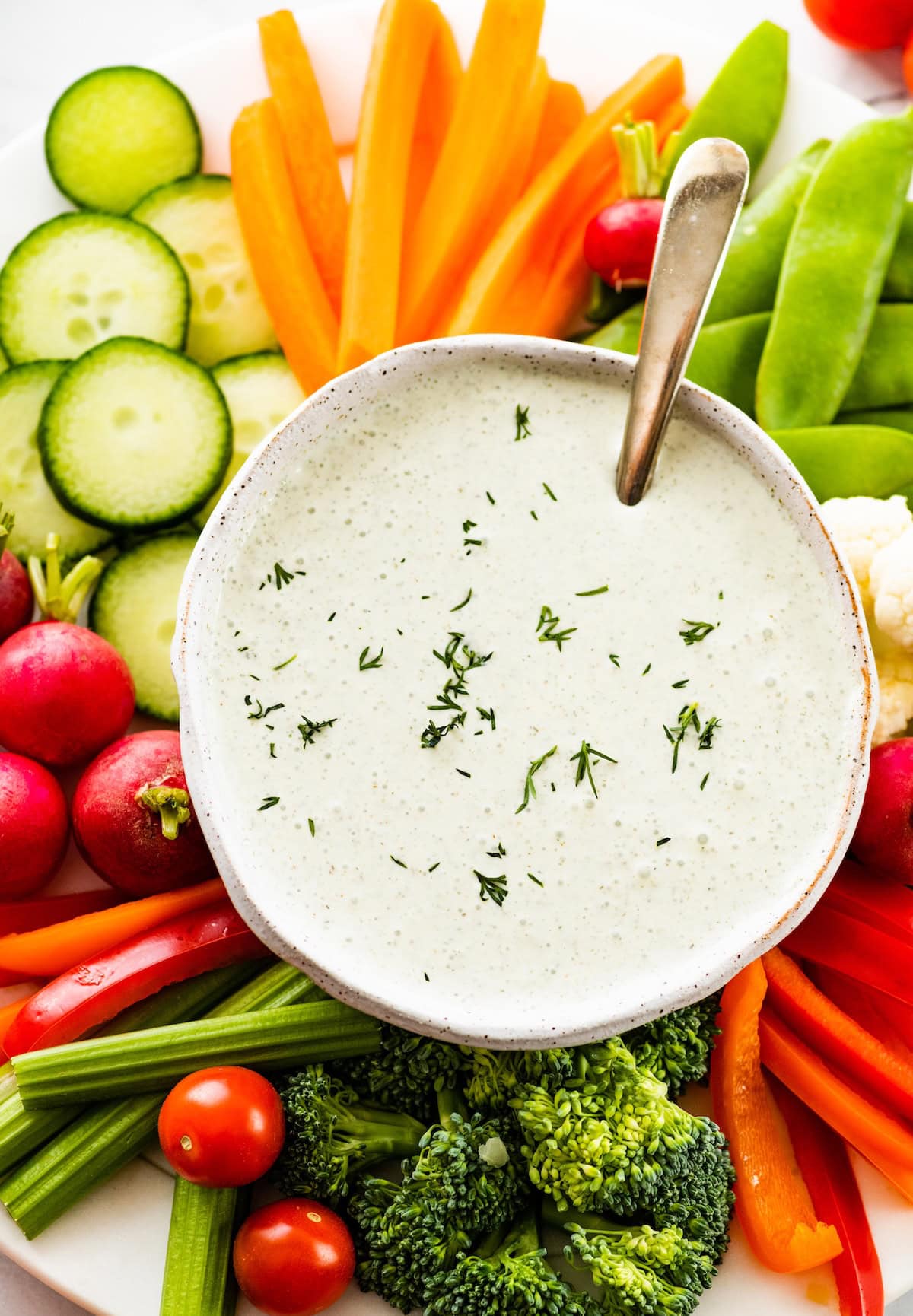Vitamins are a substance you’re no stranger to. Since childhood, you’ve probably been advised countlessly by your parents, teachers, and even doctors to consume them. From essential vitamins to vitamin-based drinks and even supplements, it’s likely you can’t go one week without seeing them advertised in the media or even your local supermarket.
To give you an idea of how sought-after vitamins are, the global market for them is estimated to be worth 87.47 billion by 2032. That’s a huge industry!
With so many businesses catering to fast-paced lifestyles and selling their vitamin-based products, it can become overwhelming to know what vitamins are necessary for your body. Dive in with us below; we’ll uncover everything you need to know about vitamins.
Basic overview of vitamins
Vitamins, in short, are essential micronutrients your body needs to carry out a range of primary daily functions. They’re organic substances which you can’t find in your body. Instead, they must come from the food you gained through exposure to sunlight. There are two types of vitamins which are:
Fat Soluble: They dissolve in fat and gather in your body.
Water Soluble: These vitamins can only dissolve in water before your body absorbs them. Unused water-soluble vitamins usually depart your body through urine.
These organic compounds are essential for major biochemical processes to occur. Together, they help your body undergo essential tasks like growth and development, and aid your metabolism and overall health.
What are the major vitamins?
Here are the main vitamins you should take for your body:
- Vitamin A (fat soluble) retinol, retinal and beta carotene: This helps with your vision, immunity and skin health.
- Vitamin B1 (Water soluble) Thiamine: Supports nerve function and energy production.
- Vitamin B2 (Water Soluble) Riboflavin: Used for energy function and metabolism
- Vitamin B3 (Water Soluble) Niacin: Helps with DNA repair
- Vitamin B5 (Water Soluble) Pantothenic Acid: Helps metabolise fatty acids
- Vitamin B6 (Water Soluble) Pyridoxine: Helps with neurotransmitter synthesis and haemoglobin formulation.
- Vitamin B7 (Water Soluble) Biotin: Helps synthesise amino acids, fatty acids and glucose
- Vitamin B9 (Water Soluble) Folate/Folic Acid: Helps with DNA synthesis and division of cells
- Vitamin B12 (Water Soluble) Cobalmani: Supporta DNA synthesis, red blood cell formulation and neurological function
- Vitamin C ( Water Soluble): Helps with collagen synthesis, works as an antioxidant, supports wound healing and immune function
- Vitamin D (Fat Soluble): Supports bone health, regulates the production of phosphorus and calcium
- Vitamin E (Fat Soluble): Protects cells from being damaged by free radicals,
- Vitamin K (Fat Soluble): Helps blood clot and bones to metabolise
What are the benefits of vitamins?
Although we just briefly tapped into the benefits earlier, let’s go into further detail about the health benefits of some of the most important vitamins.
Vitamin D
Vitamin D provides a lot of benefits to your body, such as the following:
It helps supply nutrients to your muscles, enabling faster muscle recovery
Encourages the production of anti-inflammatory cytokines and immune cells
It helps support those trying to conceive.
It helps with the production of serotonin, encouraging a good mood
Regulates calcium and phosphorus, helping your teeth and bone health.
Sources: Beef liver, sardines, cod liver oil, tuna, salmon, orange juice fortified with vitamin D and dairy fortified with vitamin D.
Vitamin B
The benefits of taking Vitamin B are:
Helps with the production of red blood cells
Ensures your immune cells have enough oxygen to fight illness
It breaks down amino and fatty acids and converts them into energy
It helps maintain brain and skin cells and tissues
Supports the development of neurotransmitters
Helps support digestion
Encourages nerve function
Support cardiovascular health
Sources: Eggs, salmon, bananas, peanuts, soya beans, pork, poultry, wheat germs, mushrooms, and liver.
Vitamin C
If you consume a healthy amount of vitamin C, it can provide your body with the following advantages:
Supports lymphocytes and phagocyte production (white blood cells), making it easier for them to attack pathogens.
Helps with the production of elastic and collagen, allowing your skin to stay hydrated and plump
Helps support fetal growth
It can help reduce blood pressure by encouraging nitric oxide production
May maintain the structure of your eyes
Supports bone health due to the role it plays in collagen creation
Sources: Broccoli, blackcurrants, strawberries, peppers, potatoes, Brussel sprouts and citrus fruits.
Vitamin K
Vitamin K is one nutrient you cannot overlook; it provides the following benefits:
It lowers the risk of calcification, preventing calcium from hardening blood vessels. It also reduces blood pressure and the risk of stroke.
It helps with blood clotting, allowing for quicker healing of wounds.
Works with Vitamin D to help transport calcium into your bones
Sources: Spinach, broccoli, kale, eggs, blueberries, turnip greens, asparagus and parsley.
Vitamin A
Vitamin A is another essential vitamin which is linked to the following benefits:
It helps your retina, allowing you to maintain your eyesight
Supports the production of mucous barriers which trap bacteria, helping the immune system
Encourages the production of white blood cells
Helps you metabolise iron effectively
Promotes the production of sebum by adding moisture to your hair, skin and nails
Sources: Tomatoes, milk, eggs, red bell pepper, mango, kale, spinach, broccoli, carrots, sweet potatoes, pumpkin and squash
Vitamin E
One major fat-soluble vitamin you should always include in your diet is Vitamin E. This nutrient provides the following benefits:
Acts as an antioxidant, defending cells from free radicals
It helps keep your hair and skin smooth
Supports red blood cell production
Helps with kidney function
Encourages the growth of T cells
Ensures you have proper eye function by reducing free radical exposure
Sources: Almonds, peanut butter, pumpkin, red bell pepper, wheat germ oil, hazelnuts and soya.
Our take on vitamins
To summarise, vitamins play a major role in your lifestyle and are huge underlying contributors to your well-being. Try incorporating various foods into your diet infused with different types of vitamins to reap as many benefits as possible.
If you can’t consume them through food and drink, there’s always the option of supplements. At Focus Supplements, most of ours are vegetarian-friendly and consciously formulated to support a range of ailments and enhance your well-being—browse our range today.
Publisher: Source link



